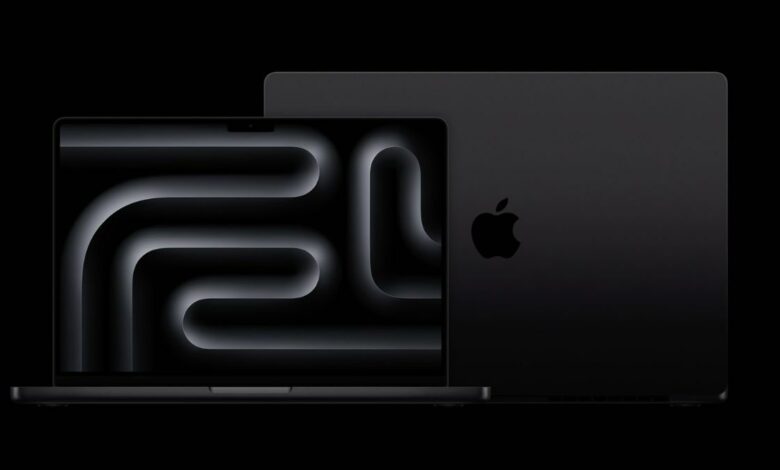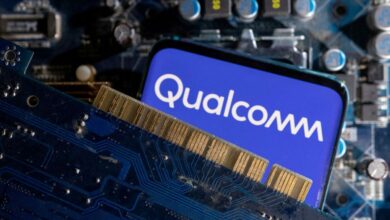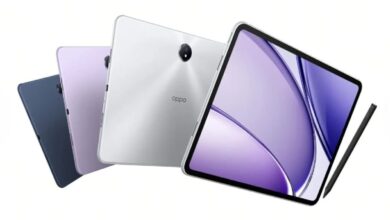Apple could launch its M4-powered Mac models later this year

Apple could launch its refreshed Mac lineup in November, according to a report. The new devices are speculated to be powered by the next-generation Apple Silicon chipset dubbed M4, which debuted on May 7 with the new iPad Pro models. The Cupertino-based tech giant is reportedly set to introduce new variants of its iMac, MacBook Pro and other models. While it normally holds Mac-related events in October around Halloween, this year it may push that to November.
This information comes from MacRumors, which cites confidential sources who reported about the likely launch timeline of the upcoming Mac models in November 2024.
Apple November Event Expectations
MacBook Pro, starting with the entry-level 14-inch model, is expected to receive its annual refresh. It is speculated to get an upgrade from an M3 chipset to the M4, which is expected to provide advantages when it comes to artificial intelligence (AI) tasks. Meanwhile, the mid-tier and high-end MacBook Pro models will reportedly benefit from the alleged M4 Pro and M4 Max SoCs respectively.
According to MacRumors, any changes will only affect the hardware, with only minimal design changes expected.
However, that won’t be the case for the Mac mini, as per Bloomberg’s Mark Gurman. Apple will reportedly introduce a heavily redesigned version of its minicomputer, said to be its “smallest desktop computer ever.” It may be slightly larger than the Apple TV streaming device and is described as “essentially an iPad Pro in a small box.”
According to Gurman, there will be two variants of the Mac mini, continuing previous trends. It could be offered with M4 and M4 Pro chips.
Chipset upgrades are also reported to be introduced with the 2024 iMac. Like the MacBook Pro, however, Apple’s all-in-one computer isn’t expected to get any notable design changes, though it could receive color revisions.
Now that these devices are getting a chipset upgrade, Apple expects to complete the transition to M4 chipsets for all of its devices, including the iPad, Mac, and MacBook.




